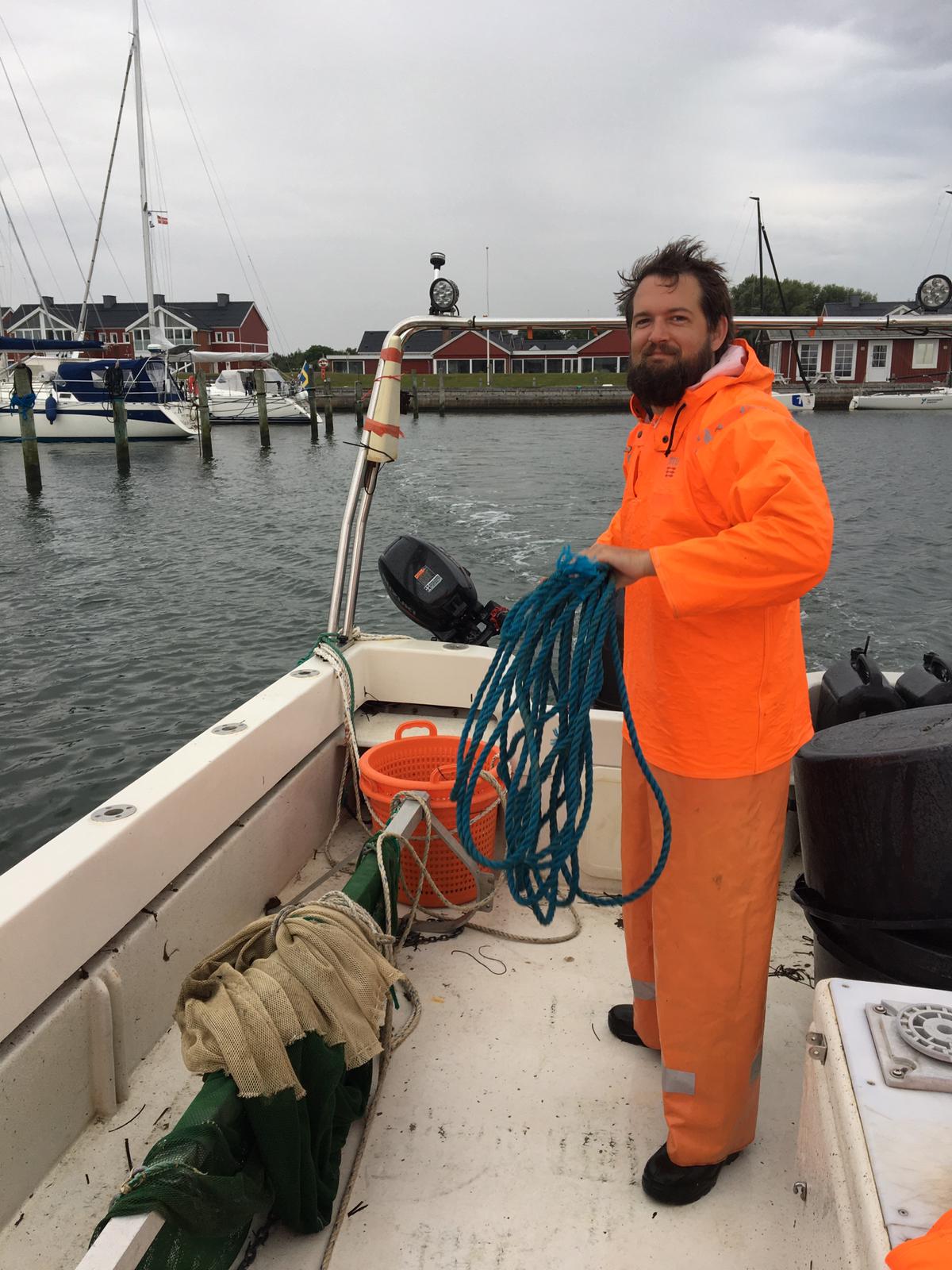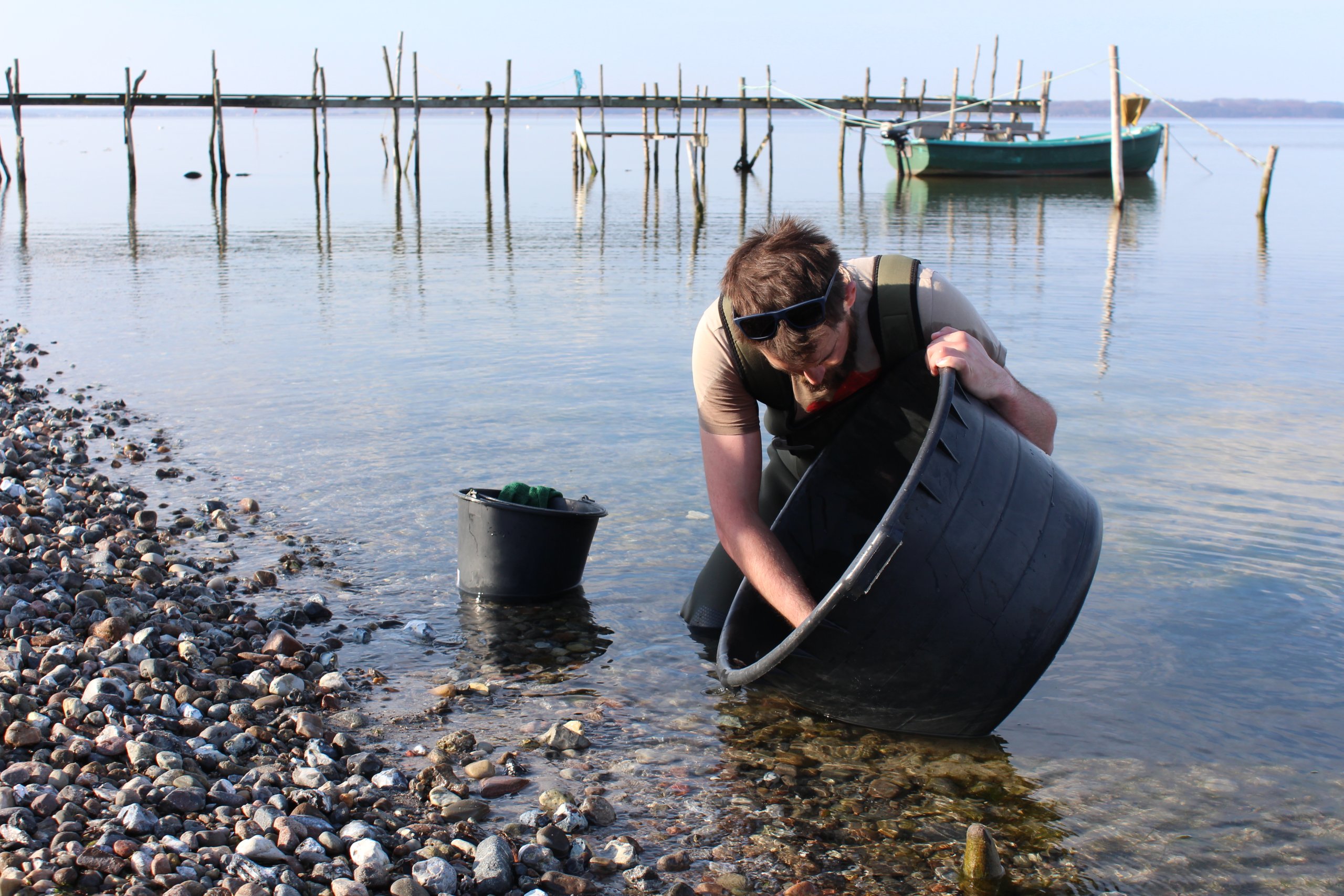SEAwise is led by a core team of partners who lead the programme’s work themes and regional case studies, and spearhead the fantastic work being done to encourage our SEAWise Network to get involved in all areas of our research. They bring their knowledge and experience of fisheries and marine ecosystems, not to mention their enthusiasm and passion, to make a real impact to the longevity of sustainable management systems. Collectively, they make up our Steering Committee.
We spoke with each of them to hear more about what drives them to work towards the implementation of EBFM, and find out what excites them most about their work within SEAwise!

How is EBFM important to you?
The ethereal EBFM isn’t any one thing, but a concept or ‘collection’ of approaches in which we address our ignorance of the important interactions between fisheries and the broader environment.
EBFM is important to me as an entity that represents the perpetual improvement in our understanding of the marine environment and our place in it. This continuous improvement is what I, as a scientist, strive for in my research, and our collective understanding is what I apply when producing advice.
Which aspects of Ecosystem Based Fisheries Management interest you most, and why?
I’m particularly interested in two elements of EBFM. The first is the subject in which I am trained – environmental drivers of species distributions and productivity – and in which I hope to discover more novel things about the marine environment. The second is how we aggregate and synthesise knowledge from different disciplines to produce advice for the management of these complex systems. While far removed from the fundamental ecology of marine ecosystems, I’m motivated by the explosion of new knowledge we’ve created since the start of my career, and how we can seek to digest and learn from it, allowing it to inform the way we manage our resources.
While I focus on these two topics, I’m happy to be surrounded by colleagues with a broad range of skills and expertise – between us, we can explore all elements central to an ecosystem based approach.

How do you think your work in SEAwise will improve Ecosystem Based Fisheries Management?
Coming back to my interests, I hope that my work on the effects of hypoxia on fish productivity and distribution will have a direct impact on the way fisheries advice and marine spatial planning are produced, especially in the Baltic Sea (where basin scale hypoxia is a persistent pressure). Ultimately, I hope that my work on synthesising existing knowledge and the new findings from SEAwise will contribute to an accessible tool that other scientists, policy makers, managers and the broader public can use to better understand the marine environment, how we depend on it, and how it responds to our activities.
Elliot’s research has focused on a wide range of subjects from fish physiology to socio-ecological model building. He works with coastal and recreational fisheries, and is experienced in stakeholder collaboration, citizen science and systematic reviews. Within SEAwise, Elliot leads the Baltic Sea Case Study.
Our dynamic network of fisheries stakeholders is key to SEAwise’s work. We are actively seeking representatives from key management agencies, the fishing sector, NGOs and the scientific community to take part in workshops and other in-person or online knowledge-gathering activities. The shared insights and lived experiences of network members will support the development of a comprehensive understanding of the needs and priorities of a diverse range of fisheries stakeholders, and how to fulfil these.
Stay up to date with SEAwise news and research, hear about upcoming events, and receive updates on fisheries news from across the European seascape.